censorship
Filter by...
-
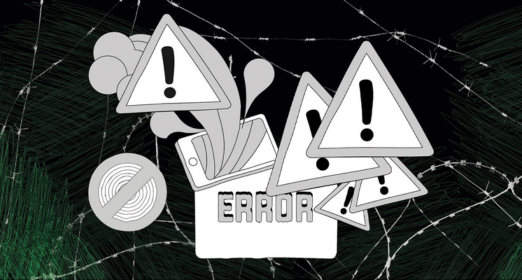
Meta must act: stop the systematic censorship of Palestinian voices
Meta’s continuous censorship of Palestine-related content in times of war is a systematic issue that the tech giant must immediately address. Access Now’s new report, It’s not a glitch: how Meta systematically censors Palestinian voices, delves into how the company silences the voices of Palestinians and those advocating for their rights on Facebook and Instagram.
Read more
-

The Domino Effect of Internet Blocking in Romania
The Council of the European Union’s decision, which came out on 1 March, to block access to the media outlets Russia Today (RT) and Sputnik, looking to stop the spread of disinformation, set forth a domino effect in Romania for internet blocking.
Read more
-

EDRi statement: the fundamental rights consequences of the EU media ban
European Digital Rights (EDRi) is appalled by the illegal and atrocious invasion of Ukraine by Russia’s totalitarian regime. We stand with the people of Ukraine who are forced to live in fear and flee from their homes while enduring war crimes and other large-scale human rights violations, including cyberattacks. Democratic societies that respect the rule of law should stand in solidarity with the deep suffering of people in Ukraine on many levels.
Read more
-

Propaganda cannot be silenced with censorship, freedom of expression can
By order of all governments in the European Union, internet providers and platforms are blocking access to Russian state media. However, European governments would do better to stimulate the independent media in both Russia and Ukraine.
Read more
-

The Online Safety Bill: punishing victims
The government has today announced two new regressive and unworkable additions to the Online Safety Bill. With each new announcement, the Bill demonstrates itself to make the online world less safe for the people it claims to protect, particularly LGBTQ+, survivors of abuse and ethnic minorities.
Read more
-

French deputies must reject online censorship without a judge in one hour
On 9 February 2022, the Law Commission of the French National Assembly discussed the bill concerning the "dissemination of terrorist content online", transposing the European regulation on terrorist content online into French law. European Digital Rights (EDRi) and EDRi’s members La Quadrature du Net and Wikimedia France sent the following letter to the members of this Commission to call for the rejection of the bill prior to the discussion.
Read more
-
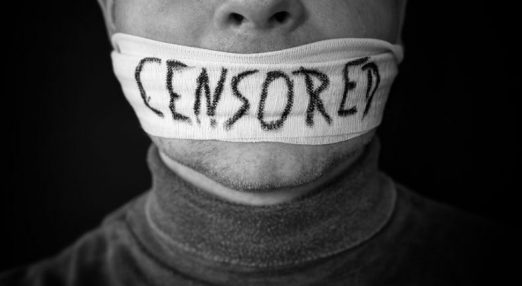
EU Terrorist Content Online Regulation Could Curtail Freedom of Expression across Europe
Counter-terrorism laws that have continued to pile up in the past years in Europe have constantly eroded the rule of law and reinforced executive powers of the state to the detriment of judicial oversight.
Read more
-
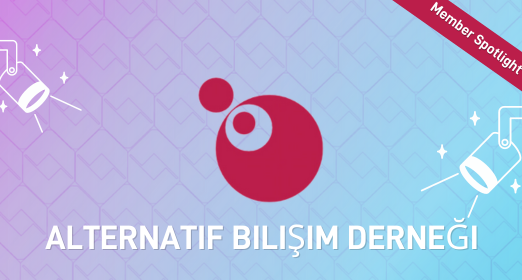
Member in the Spotlight: Alternatif Bilişim Derneği
The Alternative Informatics Association (Turkish: Alternatif Bilişim Derneği, Alternatif Bilişim acronym) is a Turkey based civil society organisation focusing on the issues of media literacy, internet censorship and mass surveillance since 31 December 2010.
Read more
-

The threat on OTF as a wake up call for European digital sovereignty
Around 2 billion people in 60 countries are able to use the internet securely and without risks of being surveilled or censored. And all of this, thanks to the work done by a non-profit called Open Tech Fund (OTF) for only 15 million dollars a year. However, all of this may be over soon.
Read more
-
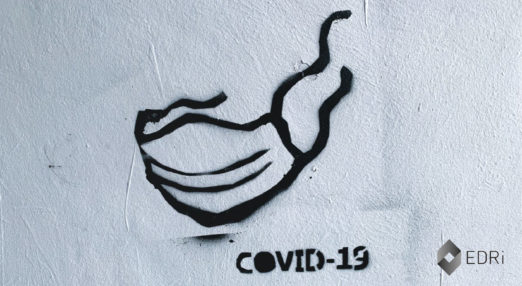
Why COVID-19 is a Crisis for Digital Rights
The COVID-19 pandemic has triggered an equally urgent digital rights crisis. New measures being hurried in to curb the spread of the virus, from “biosurveillance” and online tracking to censorship, are potentially as world-changing as the disease itself.
Read more
-
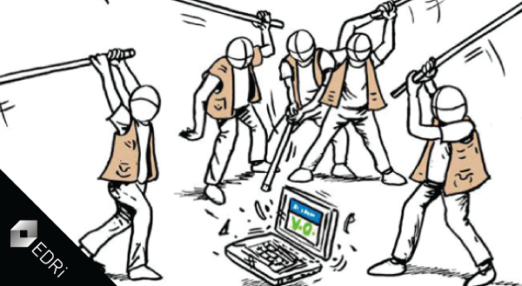
Spain: New law threatens internet freedoms
On 5 November 2019, the Royal Decree-Law 14/2019 that had been adopted on 31 October was published in the Spanish Official State Gazette (BOE). This was just five days before the general elections that would take place on 10 November, under an undefined “exceptionality and urgency”, and justified by the “challenges posed by new technologies […]
Read more
-
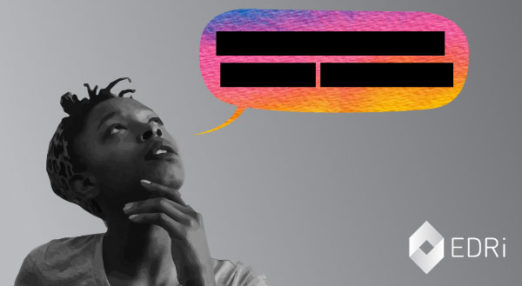
Hate speech online: Lessons for protecting free expression
On 21 October, David Kaye – UN Special Rapporteur on the promotion and protection of the right to freedom of opinion and expression – released the preliminary findings of his sixth report on information and communication technology. They include tangible suggestions to internet companies and states whose current efforts to control hate speech online are […]
Read more
